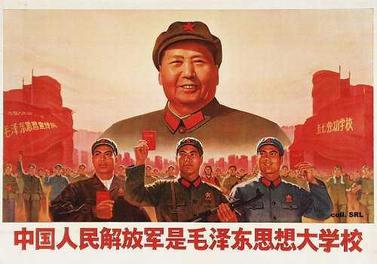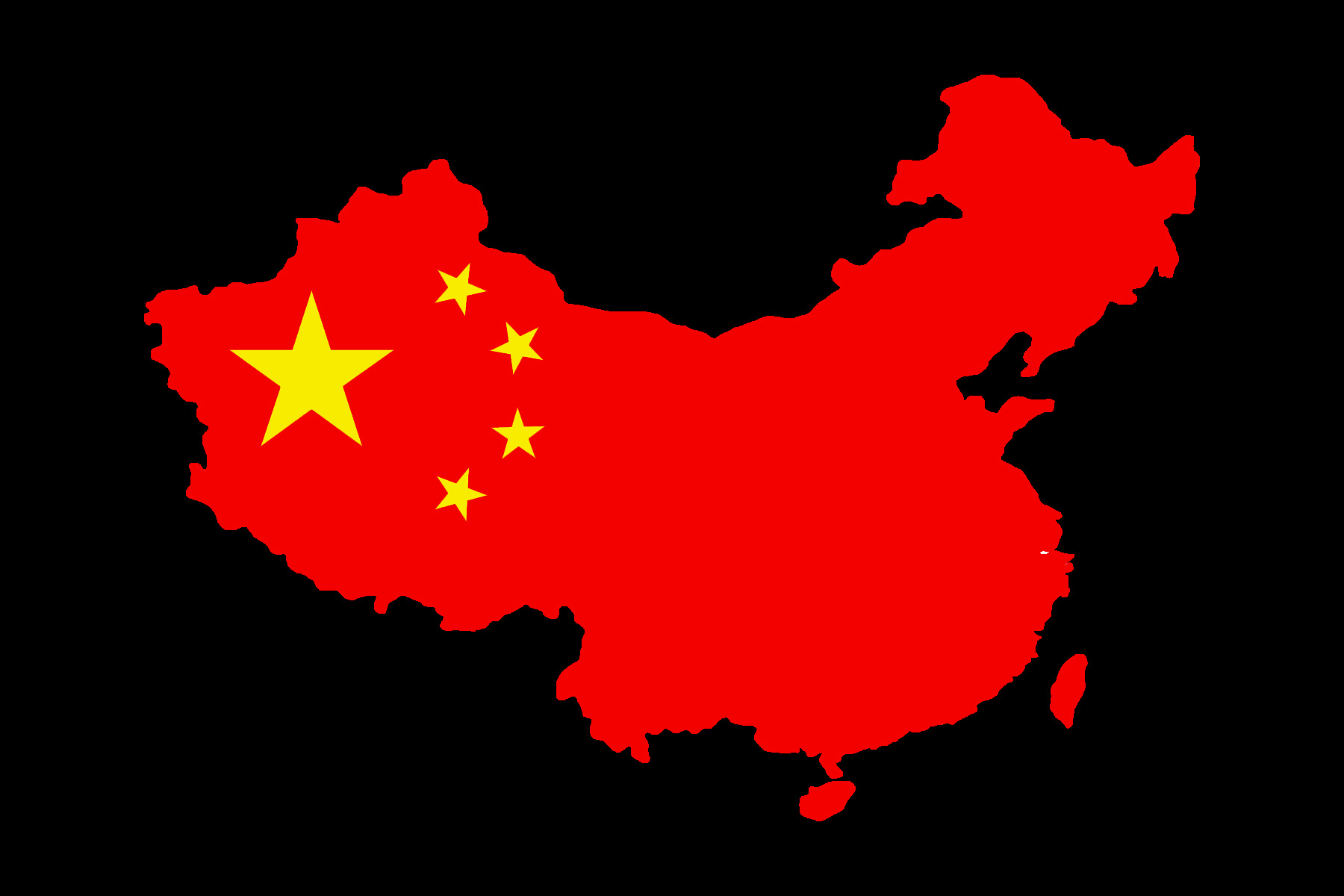While reading the Red Scarf Girl by Ji Li Jang I have had a very disturbing question about a character depicted in the book as Chairman Mao. While reading and investigating the story I have learned and read some very ineteresting meager exoctic stories about the whatsoever prestigious leader; for instance, "Chairman Mao, had risked his life to go to mines of Anyuan by himself to establish a revolutionary base there." (pg.101) After having read this, and many other stories about the adaoucios Chairman Mao I decided to in a quest of examination about Chairman Mao's history background and life.
Born on December 26, 1893, in Shaoshan, Hunan Province, China, Mao Tse-tung served as chairman of the People's Republic of China from 1949 to 1959, and led the Chinese Communist Party from 1935 until his death. Mao's "Great Leap Forward" and the Cultural Revolution were outrageous and had disastrous consequences, but many of his goals, including stressing China's self-reliance, were generally admirable.
Mao was born into a peasant family in central China. After training as a teacher, he travelled to Beijing where he worked in the University Library. It was during this time that he began to read Marxist literature. In 1921, he became a founder member of the Chinese Communist Party (CCP) and set up a subsidiary in Hunan. In 1923, the Kuomintang (KMT) nationalist party had allied with the Chinese Communists to defeat the warlords who controlled much of northern China. Then in 1927, the KMT leader Chiang Kai-shek launched an anti-communist purge. Mao and his allies retreated after being surrounded by the KMT's to southeast China, where he eventually regrouped with many participants and followers to establish a new base. With so many disciples he made himself back to the north to establish roots and power
In 1958, in an attempt to create a more 'Chinese' form of communism, Mao launched the 'Great Leap Forward'. This was directed at mass mobilisation of labour to improve agricultural and industrial production. The result, instead, was a massive decline in agricultural output, which, together with poor harvests, led to famine and the deaths of millions. The policy was left aside and Mao's position weakened.
In an attempt to re ensure and prove his authority, Mao launched the 'Cultural Revolution' in 1966, aiming to suppress the country of 'impure' elements and revive the revolutionary spirit. As we have read, there was in intellectual attack of the four olds, old heritage, culture ,etc . One-and-a-half million people died and much of the country's cultural heritage was destroyed.
Chairman Mao with his believers and followers making themselves back to the north of china to reconquer the land KMT toke from them.
Chairman Mao poster that shows his power and act of force in the society.












